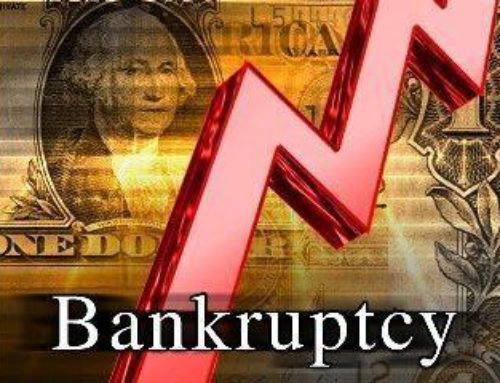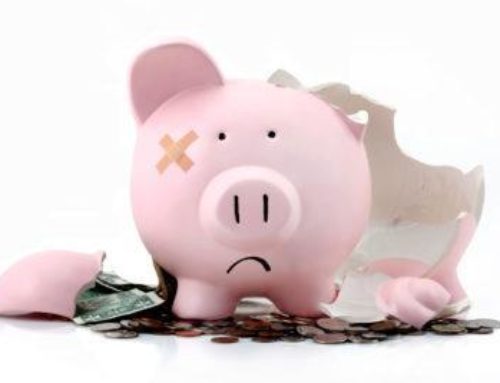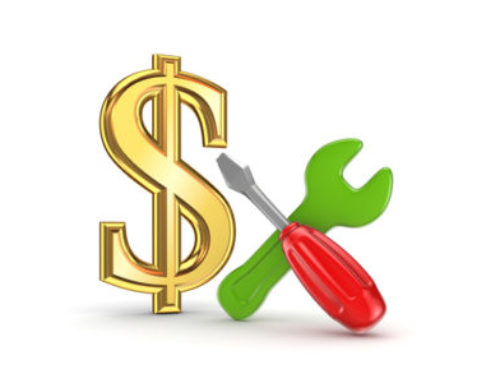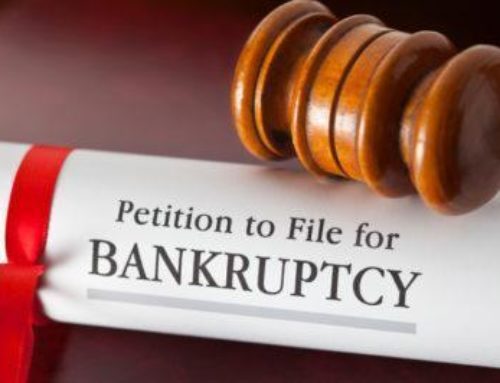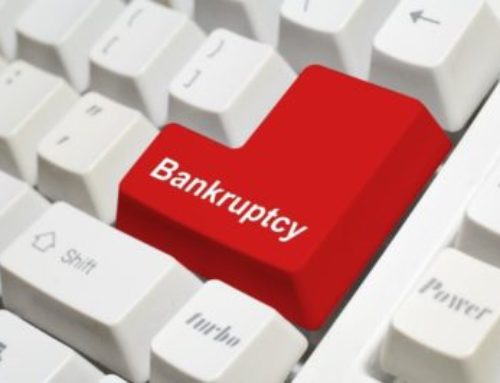Circumstances May Favor Chapter 13 over Chapter 7
Chapter 13 Bankruptcy May Be a Better Option and is a form of consumer bankruptcy that requires some form of repayment to creditors over a three to five year period. Most consumers that we meet in our Oregon and Washington offices come in believing that Chapter 13 is a repayment plan that will require them to pay everyone back over a certain period of time. In fact that is rarely if ever the case. While some debts may have to be paid in full, though usually at reduced interest rates, others can usually be written off and paid nothing. When then is Chapter 13 the appropriate form of bankruptcy?
Chapter 13 Is Appropriate In Seven Main Circumstances
1) Ability to Pay: If a review of your income and expenses reveals that you can afford to make some form of monthly payment to your creditors, you may be required to file Chapter 13 rather than Chapter 7. Your monthly plan payment would roughly equal the amount that you have left over after subtracting all your living expenses from your net income. Usually this means not paying much, if anything, back to your unsecured creditors.
2) Catch Up on Arrears: If you are behind on your taxes, mortgage, car payments of child support, Chapter 13 Bankruptcy provides you with a way of getting current immediately and repaying the back-owed amounts over three to five years interest free. This is often a very attractive option because under normal circumstances, you pay little, if anything, back on credit cards or medical debts while having a great mechanism for dealing with the stuff that you actually want to repay.
3) Stop Property Loss: While Chapter 7 might stop a repo or a foreclosure temporarily, the relief is fleeting; whereas, a Chapter 13 can provide a permanent solution which enables you to keep your property as long as you pay off the arrears on the mortgage over three to five years or pay off the car through your plan. This same principle applies to tax and child support garnishments.
4) Redo Loans: In Chapter 7 Bankruptcy, your choices are often limited to either giving up the car or signing off on a reaffirmation agreement, making your car loan an exception to discharge. In Chapter 13, you have options galore. First, under most circumstances, you can lower the interest rates and save yourself a ton of money. Second, if the car was financed over 910 days ago you can normally reduce the amount that you repay to the value of the vehicle. So if the car is worth $5000 and you owe $10,000 on it, you can reduce repayment to $5000. Not bad! Plus, unlike in Chapter 7 Bankruptcy, you aren’t stuck in the car forever. Maybe the car is great now but what about three or four years from now? In Chapter 7, you have no options once you reaffirm the vehicle. In Chapter 13, you can almost treat your car loan like the lease you always wanted: Drive it for a couple years and when it breaks down a bit, dump it. Under some circumstances, there are still more car savings if you got it in a trade in situation or your loan is really a title loan. Ask us about them.
5) Protect Property: When you file Chapter 7 Bankruptcy, only a certain amount of your personal property can be protected. In Washington and Oregon, the exemptions that protect your personal property are actually pretty generous, but that does not mean that they are always enough. If the exemptions are not sufficient, the property that is not protected can be sold off by the Chapter 7 Trustee. Who needs that? In Chapter 13, nothing is ever at risk. If you have $5000 worth of stuff that can’t be protected it usually just means that you will have to pay back at least that amount to your unsecured creditors over three to five years. This allows protection of homes that might have more equity than is protected by a homestead exemption, or a treasured family heirloom.
6) Your license: Chapter 13 is usually a much more effective tool when you need to get a drivers license back. If your license is suspended because of back owed run-of-the-mill driving and parking tickets, the filing of a Chapter 13 Bankruptcy will normally allow you to march on over to the DMV with your paperwork and get your license back. This does not seem to work with a Chapter 7 Bankruptcy filing.
7) Attorney Fees: It’s not always possible to come up with the attorney fees to file Chapter 7 Bankruptcy. The no attorney fees before filing Chapter 7 Bankruptcy does not really exist. Not an issue in Chapter 13. As long as you qualify and have part of the filing fee for the court($185 in Oregon and $100 in Washington), there is no legal obstacle to getting your case filed.
Conclusion
Chapter 13 Bankruptcy is not just a backup in the event that you don’t qualify for Chapter 7. It is often the superior choice.
Contact Us Today
While dealing with financial complications can be overwhelming, Tom McAvity can help you manage your unique circumstances. If you have additional questions regarding bankruptcy, contact Northwest Debt Relief Law Firm by calling (503) 828-0964 to schedule your personal consultation.

